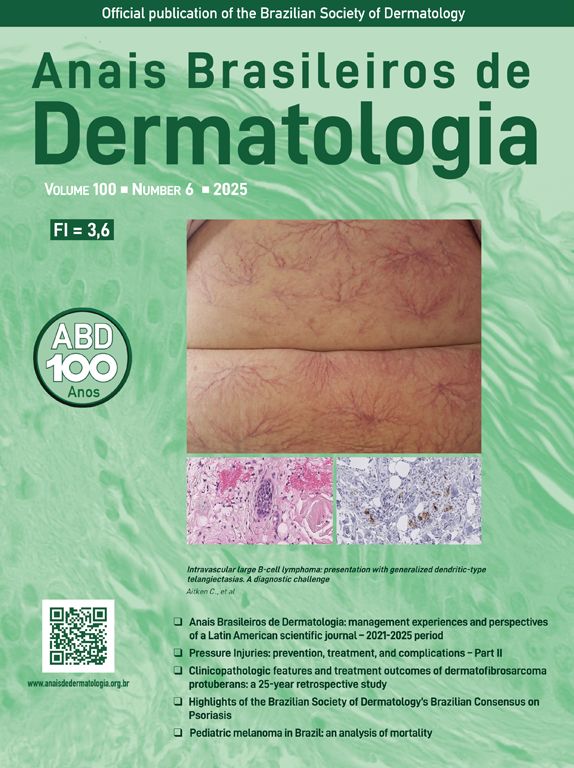was read the article
| Year/Month | Html | Total | |
|---|---|---|---|
| 2025 10 | 262 | 87 | 349 |
| 2025 9 | 402 | 108 | 510 |
| 2025 8 | 336 | 79 | 415 |
| 2025 7 | 466 | 109 | 575 |
| 2025 6 | 422 | 79 | 501 |
| 2025 5 | 393 | 79 | 472 |
| 2025 4 | 314 | 88 | 402 |
| 2025 3 | 395 | 120 | 515 |
| 2025 2 | 362 | 120 | 482 |
| 2025 1 | 328 | 48 | 376 |
| 2024 12 | 206 | 51 | 257 |
| 2024 11 | 275 | 48 | 323 |
| 2024 10 | 219 | 65 | 284 |
| 2024 9 | 251 | 81 | 332 |
| 2024 8 | 174 | 110 | 284 |
| 2024 7 | 149 | 116 | 265 |
| 2024 6 | 120 | 83 | 203 |
| 2024 5 | 103 | 75 | 178 |
| 2024 4 | 105 | 94 | 199 |
| 2024 3 | 163 | 81 | 244 |
| 2024 2 | 128 | 84 | 212 |
| 2024 1 | 103 | 57 | 160 |
| 2023 12 | 116 | 88 | 204 |
| 2023 11 | 186 | 108 | 294 |
| 2023 10 | 199 | 84 | 283 |
| 2023 9 | 233 | 80 | 313 |
| 2023 8 | 277 | 30 | 307 |
| 2023 7 | 428 | 49 | 477 |
| 2023 6 | 187 | 46 | 233 |
| 2023 5 | 97 | 28 | 125 |
| 2023 4 | 160 | 21 | 181 |
| 2023 3 | 165 | 49 | 214 |
| 2023 2 | 157 | 47 | 204 |
| 2023 1 | 246 | 43 | 289 |
| 2022 12 | 222 | 34 | 256 |
| 2022 11 | 218 | 70 | 288 |
| 2022 10 | 209 | 60 | 269 |
| 2022 9 | 184 | 76 | 260 |
| 2022 8 | 171 | 53 | 224 |
| 2022 7 | 168 | 57 | 225 |
| 2022 6 | 124 | 59 | 183 |
| 2022 5 | 93 | 52 | 145 |
| 2022 4 | 111 | 41 | 152 |
| 2022 3 | 58 | 81 | 139 |
| 2022 2 | 52 | 46 | 98 |
| 2022 1 | 98 | 98 | 196 |
| 2021 12 | 160 | 101 | 261 |
| 2021 11 | 131 | 79 | 210 |
| 2021 10 | 33 | 65 | 98 |
| 2021 9 | 14 | 7 | 21 |



